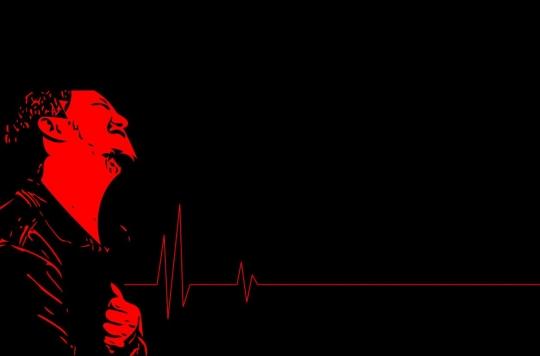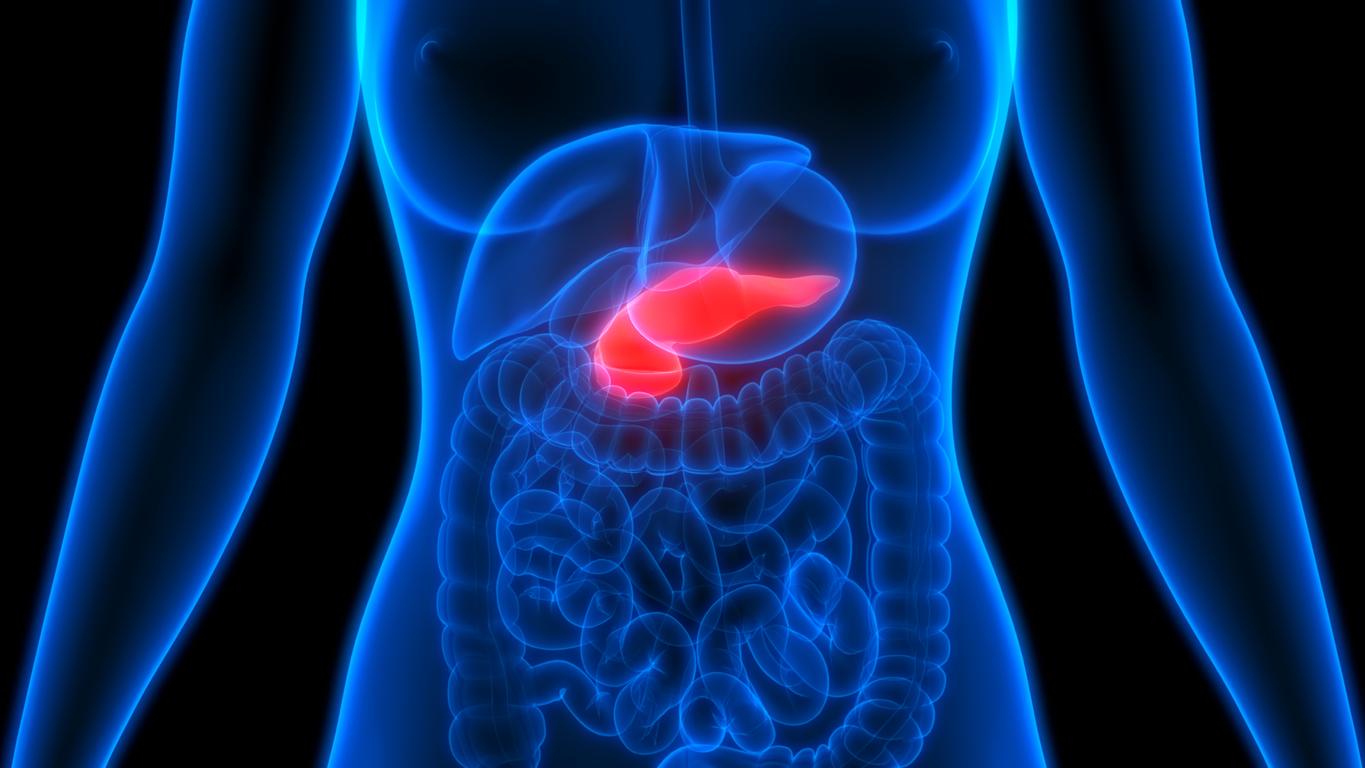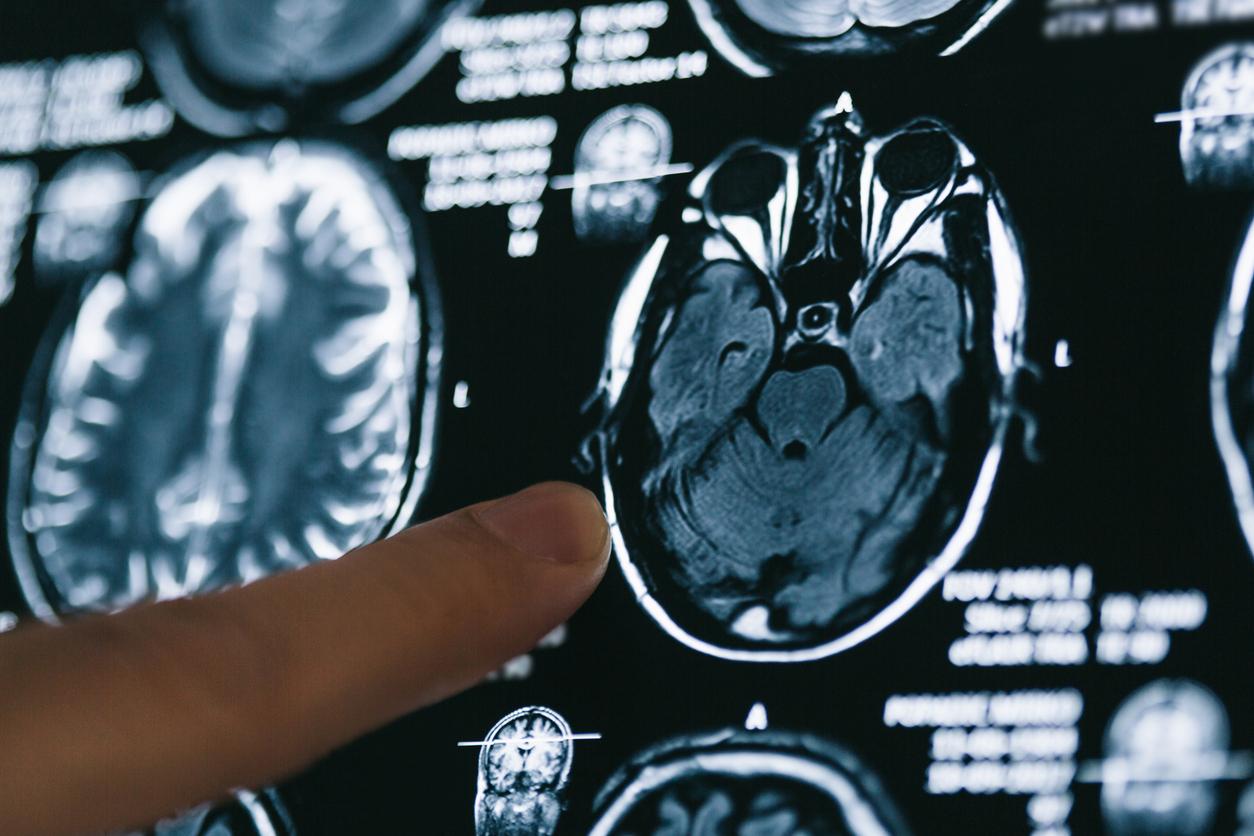An Italian cardiac stem cell researcher is allegedly involved in a vast scientific fraud. Harvard has announced that it has requested the withdrawal of 31 of its articles.

Harvard Medical School and the associated Brigham and Women’s Hospital have announced that they have requested the removal of 31 scientific publications attributed to Professor Piero Anversa, a cardiology researcher of international stature. A fraud of a rare scale, reported by the american site StatNews, which could discredit a whole section of research aimed at regenerating heart muscle after a heart attack.
Regenerate myocardium
The 31 implicated articles allegedly contain “falsified or fabricated data,” Harvard and its hospital told StatNews. This is not the first time that Professor Anversa and his team have faced accusations of fraud. Their lab at Harvard was shut down in 2015, and proceedings had been ongoing ever since.
Professor Piero Anversa is Italian but he has spent most of his career in the United States. He made a name for himself in the 2000s by announcing that he had discovered cells capable of multiplying and transforming into heart muscle cells. These cells, called “c-Kit+” (from the name of a receptor present on their surface), could thus regenerate damaged tissues of the myocardium. By studying this mechanism, the researchers hoped to develop an effective post-infarction treatment.
Uncertainty among researchers
For the time being, the extent of the fraud and its consequences for research on c-Kit+ cells are not known. Once an institution reports such problems, the relevant scientific journals launch an investigation which may lead to an official correction or retraction of the articles in question. Then charge the other researchers to draw the consequences.
One thing is certain: Professor Anversa’s announcements had become controversial as research teams failed to replicate his results. According to the latest news, the regenerative potential of c-Kit+ cells is, at best, anecdotal. As for clinical trials derived from his work – such as the CONCERT-HF trial on 144 participants mentioned by the Washington Post – they could well be called into question.
.















